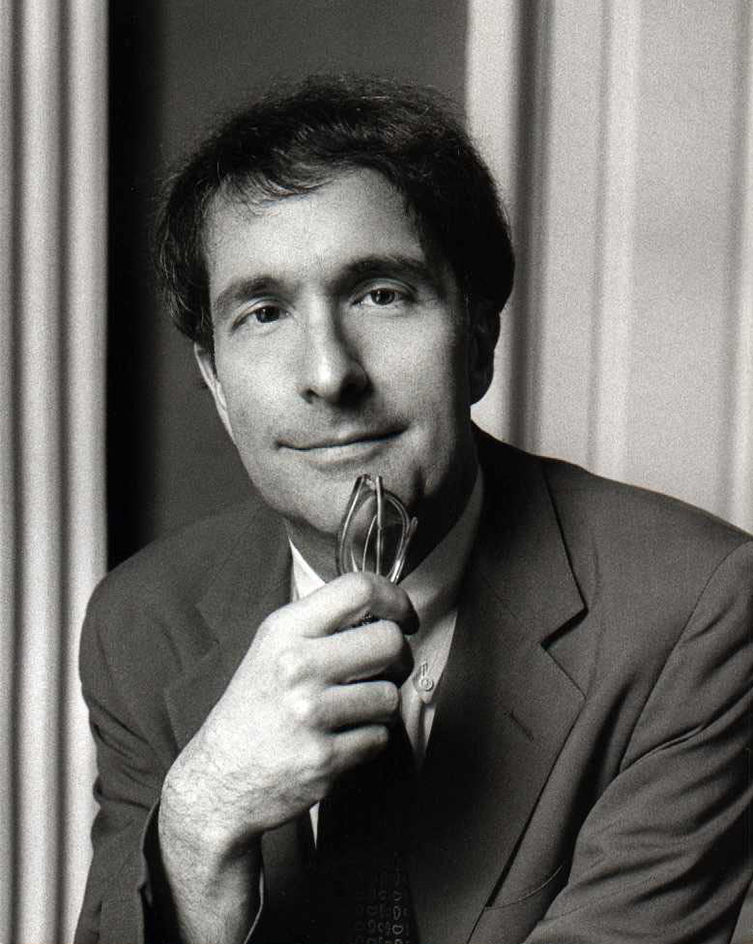Intelligence is often defined as the ability to adapt to the environment. Intelligent people can better understand what goes on around them. They can thus respond to it in an effective way. Intelligent people are also good at learning various kinds of information. They can use this information to their advantage or for the benefit of others. In school, for example, highly intelligent students might learn history, mathematics, or science more effectively than would less intelligent students. Outside of school, intelligent people might better learn the rules of society or how to perform well on their job.
This article discusses human intelligence. For information about intelligence in other animals, see A table of animal intelligence in Animal. For a discussion of intelligence in machines, see Artificial intelligence.
The study of intelligence.
Scientists use a variety of methods to study intelligence. Some scientists carefully measure people’s reaction times to various kinds of problems. They seek to understand the mental processes and strategies people use in solving such problems. Other scientists directly study the functioning of the brain. They use imaging techniques to take a picture of the brain as it works on solving a problem. For example, researchers have found that the brains of more intelligent people use less glucose for fuel compared to other people when solving certain kinds of problems. They believe that more intelligent people can solve the problems more efficiently and with less effort.
Theories of intelligence.
An early attempt to understand intelligence was made by the British scientist Francis Galton. In 1893, Galton suggested that the basis of intelligence is sensitivity to physical stimuli (forces that trigger a reaction). He measured intelligence by testing people’s vision, hearing, and physical strength.
The French psychologist Alfred Binet used a different approach. In 1905, Binet and his colleague Theodore Simon devised a test to measure complex thinking and judgment skills. The test helped identify students who were less successful in school. It became the basis for many future ideas about intelligence and ways to measure it. Binet’s approach was more concerned with measuring intelligence than with stating exactly what it is. Other scientists have concentrated on understanding the nature of intelligence. They have also worked to determine if there is more than one kind of intelligence.
In 1904, the English psychologist Charles E. Spearman proposed that underlying intelligence are two kinds of abilities. They are (1) a general ability common to all tasks requiring intelligence and (2) specific abilities that differ from task to task. Spearman emphasized the importance of the general ability. It suggested that more intelligent people could be distinguished from less intelligent people on the basis of a single factor.
During the 1930’s and 1940’s, however, the American psychologist Louis L. Thurstone argued that intelligence cannot be understood just in terms of a single factor. He suggested that intelligence consists of at least seven primary mental abilities. Examples include verbal comprehension ability (the ability to understand word meanings), number ability (the ability to do basic mathematics), and spatial ability (the ability to visualize things in the mind). Another American psychologist, Howard E. Gardner, suggested in the 1990’s that there are eight distinct intelligences. These include linguistic intelligence, spatial intelligence, musical intelligence, and interpersonal intelligence (the ability to get along with others). In contrast, psychologist Robert J. Sternberg argued that there are only three relatively distinct aspects of intelligence. They are (1) the ability to analyze ideas, (2) the ability to create or come up with one’s own ideas, and (3) the ability to apply ideas in one’s everyday life.

The roles of heredity and environment.
Many scientists examine the relative roles of heredity and environment in contributing toward individual differences in intelligence. Researchers have used several different methods to assess the roles of each.
In the 1990’s, the American psychologist Thomas J. Bouchard studied identical twins raised apart from birth or early childhood. Such twins share identical genes but not environment. As a result, scientists presume all differences between them are caused by the environment. Bouchard found that a major portion of individual differences in intelligence appears to be due to genetic factors. Other scientists attempt to identify the genes responsible for intelligence. In 1998, the American psychologist Robert Plomin reported that he had identified genes that account for extremely small portions of what makes people differ in intelligence.
Most scientists agree that both heredity and the environment contribute to individual differences in intelligence. Research on this topic has produced two curious findings, however. First, the influence of heredity appears to increase as people get older. That is, the environment seems to become less important with age as a source of individual differences in intelligence. Second, it appears that environmental factors within families produce greater differences in intelligence than do environmental differences between families. Children within the same family are treated by parents in different ways and may have different friends. These differences, rather than variations in the way parents in different families raise their children, appear to lead to most of the differences in the children’s intelligence.
Different groups of people, such as ethnic groups, show different average levels of intelligence as measured by standard tests of intelligence. Scientists, however, do not understand these differences well. They also find them difficult to study. Research suggests that group differences are more likely due to environment rather than heredity. But scientists disagree about which factor is more important in determining a person’s intelligence.
Modifying intelligence.
Educators and others have developed special programs for infants, children, and adults. These programs attempt to raise individual levels of intelligence. A few programs have achieved small gains in measured intelligence. Challenging work in adulthood tends to help increase or at least preserve intelligence. Thus, the best way to maintain and even boost intelligence seems to be to use it and to challenge it.
